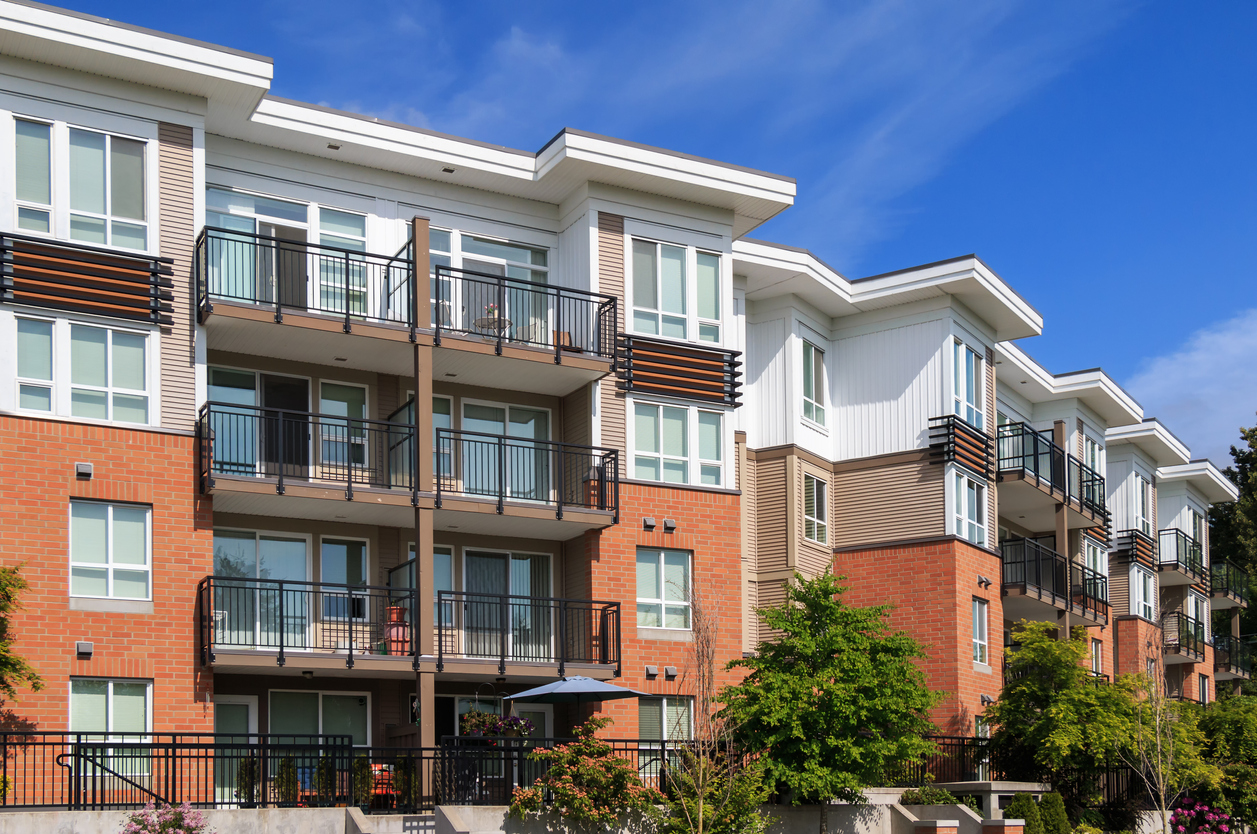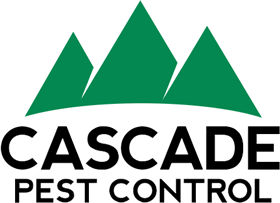Author: Kurt Treftz, Cascade Pest Control
Multi-unit dwellings like apartment buildings, condos, duplexes, dorms, or any shared wall spaces can have unique challenges for residents. In addition to noisy neighbors, rising rents, and endless regulations, pest control is also a concern. The Seattle area is not immune to these challenges. But you don’t have to learn to live with it.
Addressing these pest or rodent infestation concerns is the responsibility of both tenants and property managers. It certainly takes a village to stay on top of pest control. Take back your peace of mind with some tips and tricks for pest control in shared spaces.
Challenges of Pests in Multi-Unit Dwellings

- Large, complex spaces
- Shared, common areas
- Connected walls
- Ventilation systems and outlets
Buildings that house multiple families can be prone to pest or rodent infestations due to their unique situation. Adjoining walls with their connected ventilation systems and outlets make it a breeze for pests to roam freely from one unit to the next – or even above and below. This connectedness means that just because you’ve done your due diligence to keep pests out of your living spaces, doesn’t mean that those around you have. And that can lead to everyone in the building sharing an infestation.
In a multi-unit building, numerous exterior doors can lead to easy access for pests, rats or mice. Moisture buildup, leaks, unloaded dumpsters, cluttered common areas, propped doors, unrepaired screens, and more can all attract pests right into the building. Deliveries can introduce pests in this shared space. In addition, basements and crawl spaces may be damp or cluttered leading to an attractive space for pests. Once they are in, they can find limitless places to hide.
Eradicating pests in these complex buildings can be difficult because if even one unit doesn’t comply with directions, the pests have found a place to regroup. Or the pests can move throughout the building, staying ahead of attempts to trap them.
Property Manager Pest Control Responsibilities
Landlords must ensure livable conditions for their tenants and many hire property managers to that end. Regardless of who is managing the property, some responsibilities must be met to keep pest issues to a minimum.
Ensure regular garbage pick-up.
Since multi-unit dwellings typically rely on dumpster garbage pick-up, managers should ensure that these are emptied regularly. If trash and recycling are building up and overflowing, consider increasing the frequency of pick-up service. The additional cost might be offset by not having to treat pest issues as frequently.
Keep exterior areas well-grooming.
Keeping up with regular lawn and garden maintenance is also keeping up with pest control. Overgrown shrubs and bushes can be a prime attraction for pests. And if those bushes are touching the building, you’ve created a superhighway for access to the structure. It can be surprising the ways that pests capitalize on these opportunities.
Replace and repair.
If weather-stripping has become brittle, broken off, or worn away, replace it promptly. Not only is it good for energy efficiency, it also restricts access to the building for any bugs and rodents. In addition, make sure the foundation isn’t cracked, attics and crawl spaces are secure, screens are in good repair, and any access points are eliminated. Keeping pests out is the first line of defense.
Clean high-traffic areas and communal rooms frequently.
Multi-unit dwellings often have shared spaces like entryways, hallways, stairwells, and community rooms that can quickly attract pests if not cleaned frequently. Don’t let garbage collect in these areas. They should be clear for emergency access but this also aids in pest control as well.
Respond promptly to resident pest sightings.
A wait-and-see approach is not the way to go with pest control. If you have seen an ant or cockroach or mouse, you can be sure it isn’t the only one in the vicinity. Acting quickly can help keep a sighting from turning into an infestation. Partnering with a local pest control company is also a good idea for these complex buildings. They can perform routine services as well as respond to pressing infestations.
Tenant Pest Control Responsibilities
Report evidence of pest infestations quickly.
One of the most important things to do is notify your landlord or property manager if you see evidence of pests. They can respond quickly to prevent more serious infestation.
Dispose of garbage regularly.
Don’t let your garbage build up. Dispose of it promptly and securely so you aren’t attracting pests into your space.
Practice good food handling. Seal, clean, and store food properly.
For your safety and good neighborliness, make sure that you aren’t attracting pests to your pantry through open containers and spoiled food. Clean your sink drain / food disposal regularly. Moisture can also attract pests so report leaks and dump standing water that has collected on balconies / outdoor spaces.
Maintain communal areas to ensure trash doesn’t build up.
In keeping with your good neighbor vibe, help to maintain communal areas. If you use a space, be sure that you tidy it up afterward. Especially, ensure that trash isn’t left behind. Leave it better than you found it.
Be available and allow access for pest control appointments.
Since it takes a village to stay on top of pest control, make sure that you work with your property manager to be available for appointments regarding pest eradication. In as much as you are able, provide access for technicians so they can treat the problem effectively and quickly.
Controlling pests, rats, and mice in a multi-unit dwelling can have its challenges, but it isn’t impossible. Cascade can help property managers and owners with their expertise in pest and rodent control. Working together you can provide a safe and healthy environment for all families.
